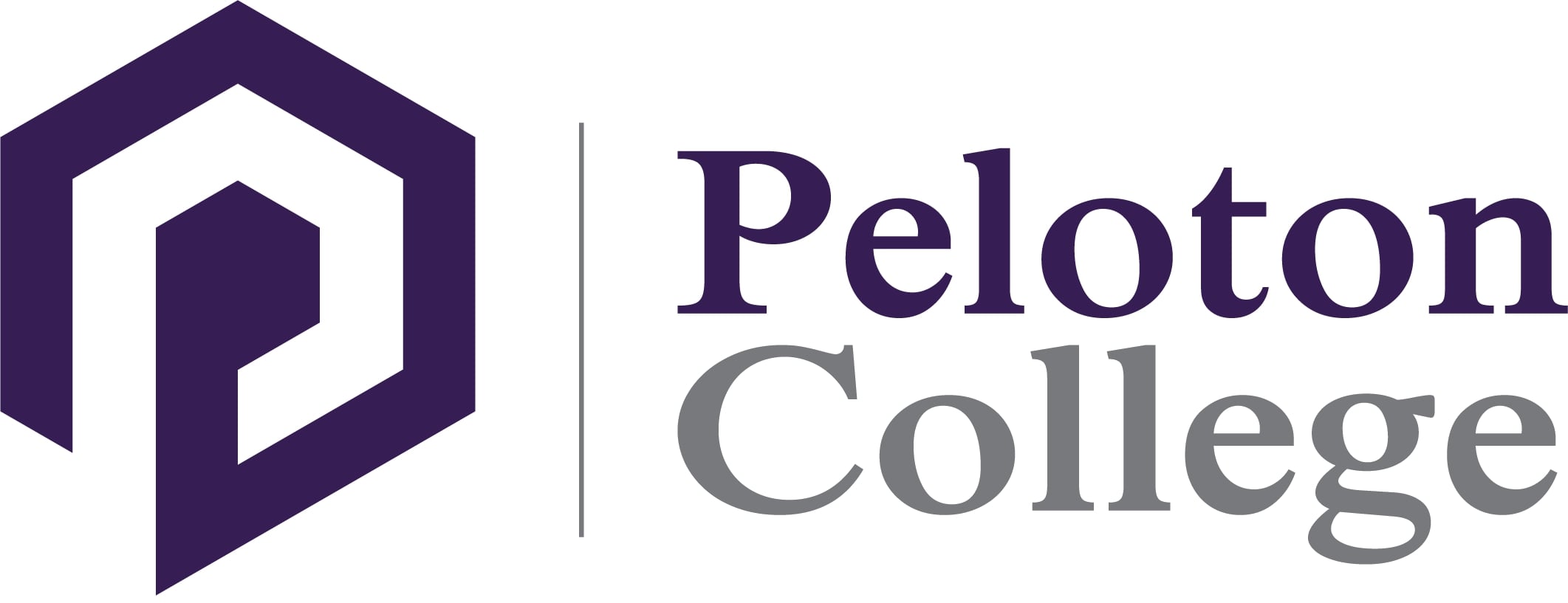Which CompTIA Certifications are Good for Cybersecurity?

Cybersecurity is an exciting part of the IT industry. Did you know that you get to use some of the latest technologies to actively protect digital resources against external threats? It’s important, intellectually, and creatively challenging, and ultimately rewarding. But the path to working in cybersecurity isn’t always clear. This is especially true when talking about the certifications that are particularly valuable within the field. People usually bring up CompTIA when talking about cybersecurity, but what makes CompTIA so important to the field and what cybersecurity certifications do they offer?
What is CompTIA?
The Computing Technology Industry Association (CompTIA) was created in 1982. Since the early days, it’s become known as one of the top trade associations in the world of IT. CompTIA offers several certifications revolving around every sector of IT. In addition to standard certifications, CompTIA also introduced stackable certifications in 2018. Stackable certifications are seen in the context of professional pathways to specific career options. Two related certifications can easily demonstrate that you have a skillset that can match equally broad job requirements.
Why Is CompTIA Certification Important?
Of course, you might wonder why CompTIA certifications are so important. One of the biggest factors comes from CompTIA’s testing methodology. CompTIA’s exams are the definition of tough but fair. They are designed to be difficult and wide-reaching in their scope. But at the same time, they’re also designed to fairly assesses your understanding of the subject. The exams are difficult because they cover difficult subject matter, but when you’ve mastered those subjects, you can also expect to do well on the exam.
Which CompTIA Certifications Are Good for Cybersecurity?
CompTIA offers certifications for almost every area within the IT industry. However, the wide-reaching scope of their certifications can make it difficult to know which one matches with your career path. The following CompTIA certifications are the perfect match for a career in cybersecurity.
CompTIA A+
The A+ certification is part of CompTIA’s core series. These are certifications that cover core, or foundational, elements of the IT industry. This generally implies that they’ll focus on a wide variety of subjects rather than looking at any particular issue in detail.
Passing the A+ certification means you have an understanding of basic hardware, software, and associated components of most major computing platforms. This includes standard desktop and laptop systems. It also means that you have a general grasp of everything from server operating systems to smartphones and tablets.
The A+ exam also tests your ability to work through computing problems. It’s quite common for problems with computer systems to not have any obvious cause. Troubleshooting and targeting the underlying issues with a system vary by situation and platform, but the ability to think your way through a computer problem is a vitally important skill that’s applicable to every aspect of IT.
Passing the A+ exam also means that you’ve learned the basics of operating systems, hardware, networking, and security. The A+ exam is also a prerequisite to move onto more specialized certifications after proving you have a solid grasp of these foundational areas.
CompTIA Network+
CompTIA’s Network+ certification focuses on one of the most important areas for cybersecurity experts, digital networks. Digital networks constitute the foundation for both the Internet and private corporate intranets. In short, computer networks are a broad subject with a myriad of factors. The Network+ certification handles the subject’s scope by factoring in two specific points. The Network+ exam remains platform agnostic rather than only dealing with specific hardware or operating systems, and the exam puts extra emphasis on hands-on skills and precise information.
In practical terms, this means that the Network+ exam tests your understanding of fundamental networking concepts like physical connections, architecture, and the process of going from network design to deployment. The Network+ certification also covers many aspects of network security which are particularly important for careers in cybersecurity. However, it’s important to keep in mind that the security concerns covered in Network+ are primarily centered on networking. This is an important part of cybersecurity, but not the entirety of it.
CompTIA Security+
CompTIA’s Security+ certification is a foundational element of cybersecurity. It offers a broad view of the most important subjects related to digital security. Security+ looks at both defense and various forms of digital threats. It even looks at more subtle attack vectors such as social engineering.
Passing the Security+ certification attests that you’re able to handle security concerns for all of the major platforms in use within enterprise settings. This includes the more obvious entities such as servers or cloud-based systems, but it also includes less commonly discussed platforms such as mobile devices and the Internet of Things.
The Security+ certification also covers various security regulations. This includes PCI-DSS, CCPA, and HIPAA guidelines. The Security+ exam doesn’t just verify that you’re able to handle the technical side of cybersecurity. It also affirms that you’re able to do so while complying with regulations and keeping coworkers informed about new policies.
CompTIA Linux+
Linux is an incredibly popular operating system in professional spaces. It’s used on servers of all types, within cloud computing, and even in smaller mobile or embedded devices. CompTIA’s Linux+ certification covers all of these usage scenarios and more.
The Linux+ certification is especially important for cybersecurity professionals due to the operating system’s use on servers. Servers are a common target for digital attacks. Knowing about the operating system running on those servers is an important part of designing and implementing cybersecurity.
The Linux+ certification also proves that you know about the common unifying factors that exist through all the different versions of Linux. This even includes cloud-focused aspects of the operating system. Someone who’s passed the Linux+ exam can install, manage, monitor, and protect the many different Linux systems.
CompTIA CySA+
CompTIA’s Cybersecurity Analyst (CySA+) is a unique intermediate cybersecurity certification. It puts an emphasis on proactive approaches to the subject. Many of CompTIA’s other certifications work with aspects of cybersecurity, but CySA+ approaches the subject from a unique perspective. It examines security through the lens of behavioral analytics.
The CySA+ exam tests your ability to proactively detect cybersecurity threats when those issues are still in an early stage. Likewise, you’ll be asked to analyze systems to determine potential vectors, security flaws, and advanced persistent threats. To pass the CySA+ exam you’ll need to show that you can enhance threat visibility to highlight resolution strategies in advance of actual attacks.
The CySA+ certification also speaks to your ability to use digital forensics techniques in the wake of a cyberattack. The exam tests your skills with logged data to determine where an attack was able to break through a system’s defenses. Likewise, you’ll need to demonstrate how you’d fix those issues once they’ve been properly analyzed.
CompTIA Pentest+
Pentesting, or penetration testing, is one of the primary tools of ethical hackers. It looks at cybersecurity from an unexpected angle. Cybersecurity experts build up a company’s digital security, but penetration does the exact opposite. A cybersecurity expert performing penetration testing will try to put themselves in the shoes of a theoretical hacker. They will try to break into a computer system with the same tools and techniques used by hackers. The main difference is that penetration testing is done legally, as part of a company’s security policy. A cybersecurity expert engaging in penetration testing will carefully document their results and help the company use that information to patch any newly discovered security vulnerabilities.
CompTIA’s Pentest+ certification shows that you have the skills needed to perform professional level penetration testing. The certification exam is also continually updated to account for the evolution in techniques. Pentest+ covers techniques related to traditional servers, hybrid or cloud environments, web apps, databases, and the Internet of Things (IoT).
The Pentest+ certification doesn’t just show that you have the technical know-how to perform the testing. It also shows that you understand the legal considerations and compliance requirements involved with ethical hacking. Additionally, Pentest+ demonstrates that you can take technical results from the pentest and use it to educate stakeholders about the relevant security concerns.
How Do You Prepare for These Certifications?
So far, you’ve seen that there’s a wide variety of certifications related to cybersecurity, and each of them comes from an organization with a reputation for difficult exams. This leads to an obvious question. How do you prepare for CompTIA’s certification exams? An easy way to learn the knowledge and skills to be a cybersecurity specialist is by attending a trade school. A trade school that offers an AAS in cybersecurity can prepare you for the relevant certification exams.
A trade school can also help you decide on the particular career options you want to specialize in. Cybersecurity is a broad field with a lot of options for personal fulfillment, and there’s no better way to understand the industry’s potential than talking to experts within that field. Trade schools don’t just help you learn the skills involved in cybersecurity; you also learn about how those skills are applied professionally in real-world situations.
Want to Learn More?
The Associate of Applied Science in Cybersecurity training program prepares and supports you in obtaining several certifications in support of their cybersecurity career including CompTIA’s A+, Network+, Security+, Linux+, Pentest, & CySA+. AAS in Cybersecurity training program graduates will typically qualify for entry-level employment in roles such as Information Security Analysts and Computer Network Support Specialists.
The mission of Peloton College is to be the premier provider of hands-on training and education by providing you with the necessary skills to secure occupational careers. Contact us today to learn more.



